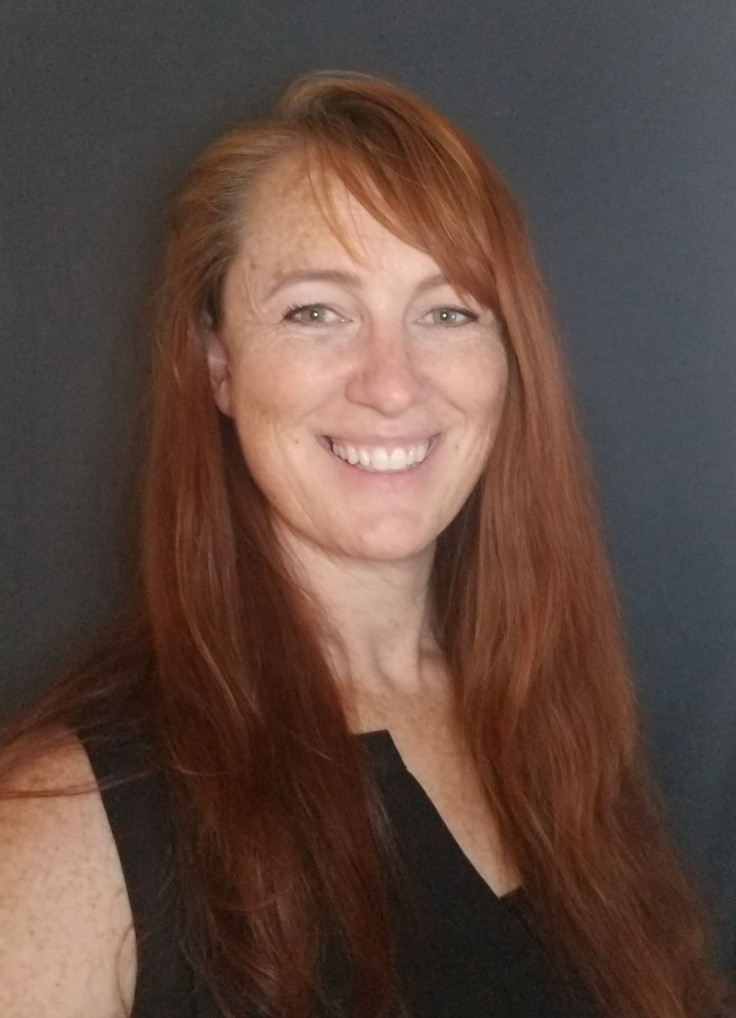STAR Harbor Academy Proves The Sky Is Not The Limit
Founder Maraia Tanner shares what capitalism can do to open up opportunities in space.

Our premise for Social Capital is capitalism done right can save the world. STAR Harbor Academy is a shining example of that. "We're focusing on space flight training for the commercial industry, being an R&D resource for the small and startup aerospace community, and also getting into the medical arena--really try to figure out what is safe to fly when a lot of the folks that'll be going to space soon are not that NASA-perfect human specimen," says Maraia Tanner, founder and CEO of STAR Harbor Academy.
Not that long ago, such an enterprise would have been possible only in the realm of government--and THAT only if it wasn't dismissed as science fiction.
But the projects Maraia tells us about in our exclusive interview with her make us rethink the old saying, "the sky's the limit."
"Part of it has to do with the democratization of space, which I think has turned into a buzz term right now, but creating that in a very authentic way," she says, talking about enabling the "average Joe or Jane" to fly, not just billionaires or NASA astronauts. "There are so many disqualifying factors: if you're color blind, if you have dentures or you're diabetic or you're missing a limb. These are all disqualifying factors right now, so creating better diversity, equity and inclusion for folks that want to go, we're designing new pathways."
And she talks about an amazing range of knowledge they're exploring as R & D--which is the solid capitalistic element that impels the forward progress. "We have some significant space flight company partners, and a lot of technologies that we're going to be promoting and trying to enable to be utilized in space or developed," she says. One example she shares is Starlab Oasis. "They're a really fantastic concept for an on-orbit farm. We're not going to be sending cows to the moon or Mars anytime soon. So, we have to figure out, how do you feed yourself for a long period of time in such a way that you're not having to bring everything with you? You want to be able to grow your own food." And she makes a point that supports a recurring theme in her interview: "Well, when you grow your own food in space with limited water, soil, and do it successfully, you can take that same technology and swap it out in the middle of the desert and feed people."
As Maraia talks about the people in her organization and the experience and expertise they bring, it's clear the company name could equally well apply to the vision of STAR Harbor making space accessible as to the talent employed there. "People are excited about what we're doing and want to be involved in it. We get really impressive people constantly, reaching out and saying, "How do I get involved?" And the right people seem to show up at the right time, which has been fantastic. It really hasn't been difficult because often they're finding us."
Find out who her rock stars are and some not-science-fiction goals she is working toward by watching the video below.
© Copyright IBTimes 2024. All rights reserved.





















